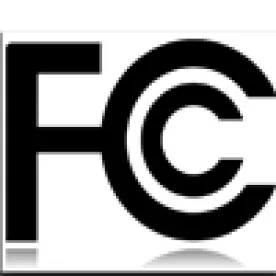9th Circuit to Hear Appeals of Small Cell Order
Last week, two judges on the Tenth Circuit denied a motion filed by a group of cities to stay the FCC’s Small Cell Order, emphasizing the cities did not show irreparable harm if the stay were denied. Because the stay was denied, the Order became effective on January 14, 2019. Also last week, the Tenth Circuit granted a request to transfer the various petitions for review to the Ninth Circuit. Additionally, on December 26, the FCC’s Wireless Telecommunications Bureau (WTB) established a uniform deadline for oppositions and replies to oppositions to a petition for reconsideration of the Order. The petition asks the FCC to reconsider the recurring fee structure, the definition of “effective prohibition,” undergrounding and minimum spacing issues in the Declaratory Ruling, and the presumptively reasonable time period for deployment applications in the Third Report and Order. Oppositions will be due fifteen days after Federal Register publication of the Notice of Petition for Reconsideration. Replies will be due ten days after the time for filing oppositions has expired.
Video Game Software Must Comply with ACS CVAA Requirements
December 31, 2018 marked the expiration of a waiver of the Advanced Communications Services (ACS) accessibility requirements for video game software. The waiver was initially granted in 2012 because “the class of video game software, though capable of accessing ACS, was designed primarily for purposes related to playing games” and that waiver would foster innovation. The waiver was extended two times. The most recent extension was conditioned on the submission of a progress report by the Entertainment Software Association. Beginning January 1, 2019, new video game software that is capable of accessing ACS must comply with accessibility requirements.
FCC Operations Suspended Due to Partial Government Shutdown
Funding for a portion of the federal government expired on December 21, 2018, beginning a partial federal government shutdown. The agencies affected by the lapse in funding include the FCC. While the FCC managed to maintain operations longer than other agencies, the Commission suspended most operations starting mid-day on January 3, 2019. For more details on the Commission’s current operations, please check out our recent blog post.
FCC to Investigate CenturyLink 911 Outage
Following the nationwide December 27 CenturyLink 911 outage, FCC Chairman Pai announced on December 28, that the FCC’s Public Safety and Homeland Security Bureau has launched an investigation into the cause and impact of the outage. Charmain Pai called the CenturyLink service outage “completely unacceptable, and its breadth and duration are particularly troubling.”







 />i
/>i
